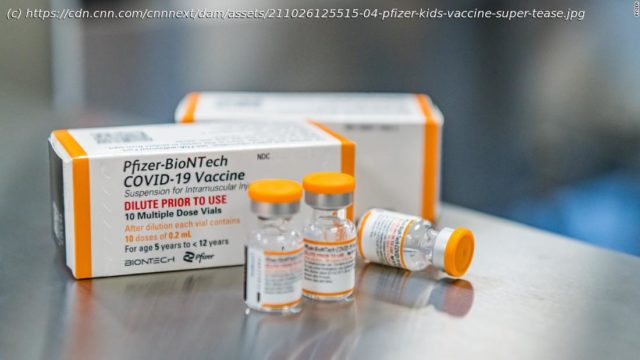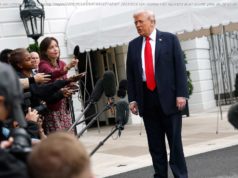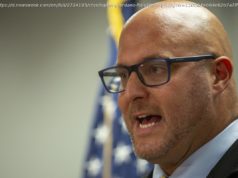The Pfizer/BioNTech’s Covid-19 vaccine that could soon be authorized for younger children still requires two shots given on the same schedule as the vaccine for adolescents and adults — but the doses will be a third of the size.
For 5- to 11-year-olds, Pfizer has requested US Food and Drug Administration authorization for a 10-microgram dose; the dose used for people 12 years and older is 30 micrograms. Moderna this week released initial results for a two-dose Covid-19 vaccine for children ages 6 to 11 that’s half the size of the company’s vaccine for adults. So why is there a difference? And what should parents of 11-year-olds do, especially if the child is approaching 12? Finding the right dosage One goal of vaccine trials for any age is to find the smallest level of antigen — the part that triggers an immune response — to maximize protection without side effects. «We think that we have optimized immune response and minimized reactions,» Pfizer Senior Vice President Dr. William Gruber told the FDA’s vaccine advisers’ Tuesday about the company’s Covid-19 vaccine for younger children. It’s not about the size of the child. Rather, it’s that little kids are still developing, and the immune system weakens with age. «Kids actually tend to have very robust immune responses,» said Dr. Kari Simonsen who has been leading the trial of the Pfizer vaccine at Children’s Hospital & Medical Center in Omaha, Nebraska. «In some cases, they can actually create strong responses to smaller amounts of vaccine antigen.» For some vaccines, adult and child doses can be the same, but in other cases, like with the hepatitis A vaccine, adults get a higher dose than children. «As we are fond of saying in pediatrics: Children are not small adults. Children are children,» said Dr. James Versalovic, Texas Children’s Hospital interim pediatrician-in-chief. «Their bodies are developing and will react differently, and we need to treat them differently.» That was a consideration as Pfizer tested vaccines in younger children. «We took a step back after we did the adolescents, and we looked at the dosing, because we thought that we may be able to use a lower dose and be able to get the same immune response,» said Dr.
Домой
United States
USA — mix Why Covid-19 vaccines for younger children would come in smaller doses






